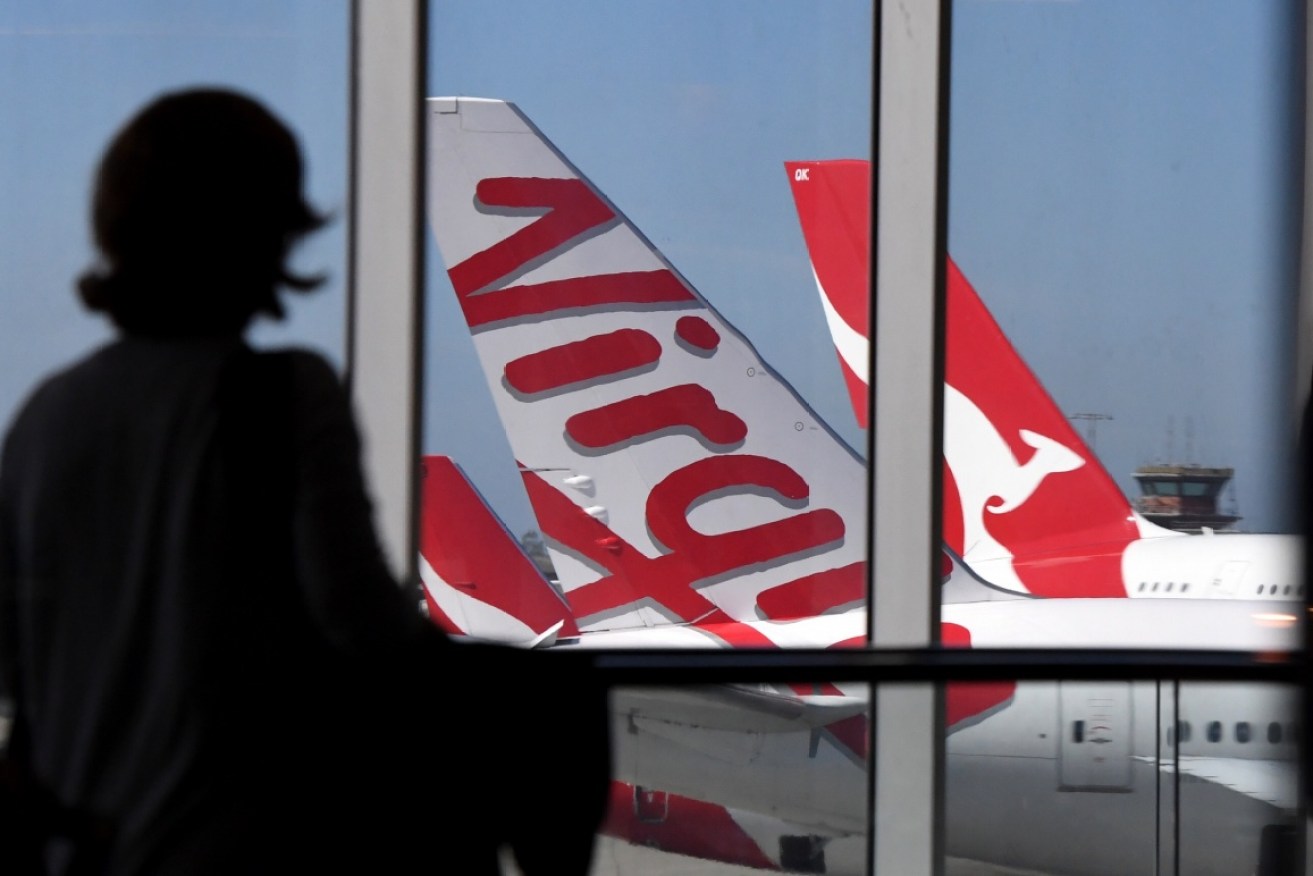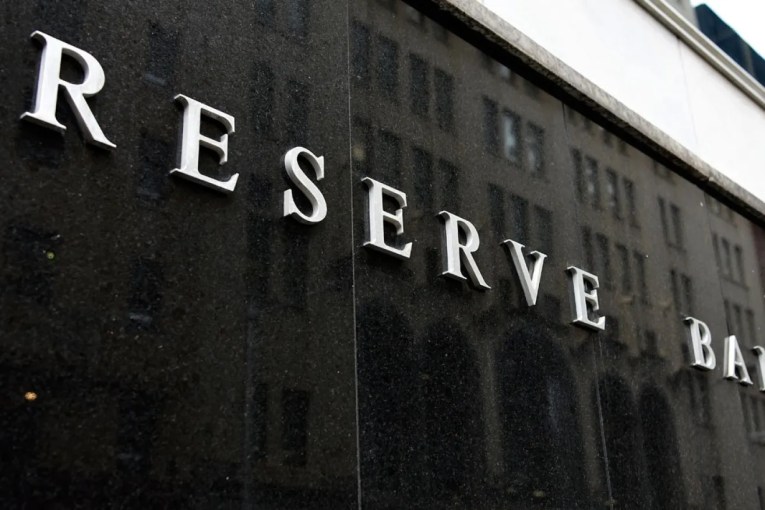How Virgin Australia bleeds cash but keeps flying


Virgin Australia has reduced its order for Boeing MAX planes. Photo: AAP
To the average punter, Virgin Australia appears to be going gangbusters.
It has steadily increased its passenger count and revenue, expanded and updated its fleet, launched its incredibly successful Velocity frequent flyer program, and altogether given the mighty Qantas a run for its money.
But on business terms it has been a tremendous flop, making absolutely no money for years. In the past five years alone it has lost $1 billion.
The share price has done no better. Since listing on the ASX in 2003, the airline’s share price has fallen from upwards of $2 to just 22 cents.
This week Virgin Australia boss John Borghetti revealed he would leave the firm by the end of next year, after almost a decade at the helm.
Under Mr Borghetti’s watch the airline lost a total $997.9 million, and its share price has lost two-thirds of its value.
Nevertheless, Mr Borghetti’s reputation is good. So what on earth is going on at Virgin?
(All figures from 2017)
Why Virgin Australia loses money
Aviation expert Tom Youl, a senior industry analyst at IBISWorld, told The New Daily Virgin Australia’s poor financial performance over the past five years was a result of a major restructure of the business.
This began in the early 2010s, when Qantas and Virgin Australia (or Virgin Blue as it was then) were madly competing for market share in what was known as the “capacity wars”.
This, Mr Youl said, “led to a saturated and unprofitable industry”, which resulted in losses for both Qantas and Virgin.
But from 2015 onwards, Qantas managed to engineer a dramatic recovery, and the Flying Kangaroo is now extremely profitable. Virgin Australia, however, continued to post hundreds of millions of dollars worth of losses each year.
Why? Because while Qantas focused on restoring profitability, Virgin Australia had its eye on a very different goal: shoring up its position as the only real alternative to Qantas.
“In 2015, Virgin took their stake in Tigerair Australia from 60 per cent to 100 per cent,” he said.
“This allowed Tiger to compete directly with Jetstar and Virgin Australia’s main brand to compete with Qantas in the business and premium economy market.
“Both Tiger and Virgin have been competing with Qantas for market share, generally offering lower prices and restructuring each company for the long term.
“This includes hyper-aggressive expansion of Virgin’s Velocity frequent flyer program [three million members to eight million from 2014 to 2017] and fleet upgrades and simplifications, which increased costs and, as a result, dampened profit margins.”
So has it been worth it?
“The question remains if all this will result in Virgin being able to compete head to head with Qantas in the long run. Virgin’s share price may suggest investors are still waiting to see,” Mr Youl said.
Early signs are somewhat promising, with Virgin Australia posting a modest $4.4 million profit for the first six months of the current financial year.
But investment bank UBS remains unconvinced, advising investors to “sell” Virgin Australia stock.
Virgin Australia’s owners give it an advantage
The ‘Virgin’ brand is associated with British billionaire Richard Branson, but Mr Branson’s empire only holds a 10 per cent stake in Virgin Australia – through Corvina Holdings, a holding company registered in the tax haven of the British Virgin Islands.
Actually the Singapore government is a bigger shareholder – with its state-owned airline Singapore Airlines holding a 20 per cent stake in the company.
United Arab Emirates airline Eithad also owns 20 per cent, while Chinese conglomerates HNA and Nanshan own about 20 per cent each.
In other words, far from being an Australian airline, Virgin Australia is 40 per cent Chinese, 20 per cent Singaporean, 20 per cent Emirati, and 10 per cent British Virgin Islands-owned.
The final 10 per cent is listed on the ASX. That means the share price is much less important to Virgin than it is to Qantas. These big, international backers can and have been relied upon for cash injections. That’s an advantage Qantas doesn’t have. If it wants to raise capital, it has to go to the market.
Now that Virgin Australia is in a positive cashflow position – which simply means the cash it receives in revenue is greater than the cash it needs to spend on the business – Mr Youl said the airline’s five major owners were considering “de-listing”.
“The benefits of de-listing are the reduced regulatory requirements and associated costs when a company is privately owned.”








